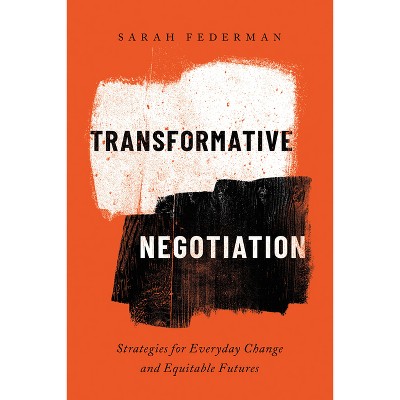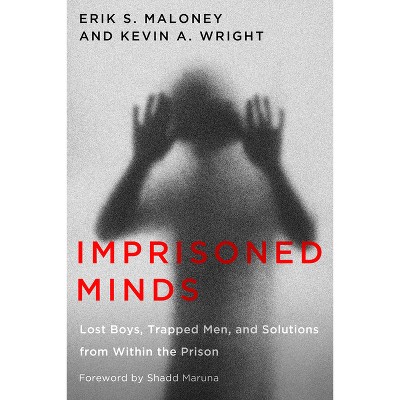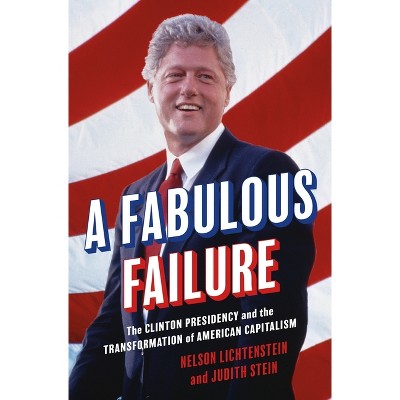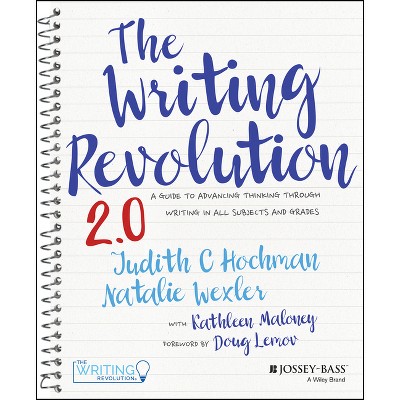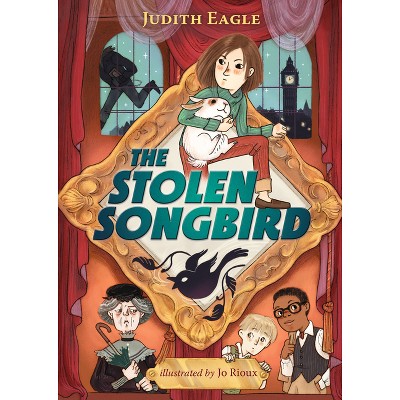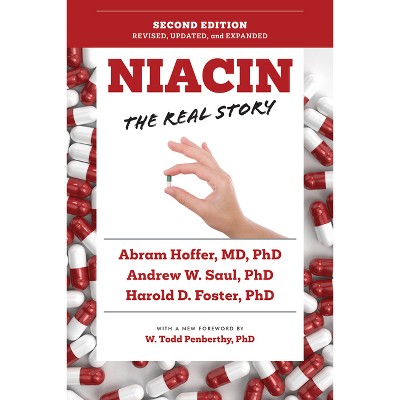Sponsored

Transformative Dialogue - by Erik Cleven & Judith Saul
In Stock
Sponsored
About this item
Highlights
- Transformative dialogue is a process that allows participants to make decisions about the content, process, and outcomes of dialogue, as well as who will participate, and it can be an effective response to group and community conflict.
- About the Author: Erik Cleven, Ph.D., is professor of international relations and comparative politics at Saint Anselm College, specializing in the role of non-governmental organizations (NGOs) efforts to transform political violence and conflict to peace through transformative dialogue.
- 200 Pages
- Freedom + Security / Law Enforcement, Arbitration, Negotiation, Mediation
Description
About the Book
Transformative dialogue is a process that allows participants to make decisions about the content, process, and outcomes of dialogue, as well as who will participate, and it can be an effective response to group and community conflict. This book focuses on the many ways of organizing and facilitating transformative dialogue in conflict resolution.Book Synopsis
Transformative dialogue is a process that allows participants to make decisions about the content, process, and outcomes of dialogue, as well as who will participate, and it can be an effective response to group and community conflict. This book focuses on the many ways of organizing and facilitating transformative dialogue in conflict resolution.Review Quotes
Across the globe, we find ourselves in great need of ways to help (re)build communities fractured by destructive systems, structures, and relationships. Transformative Dialogue: Co-creating Conversations in Communities and Organizations is the necessary compendium of practical skills and aspirations that illustrates how to do the hard work of transforming ideals into actionable practices.
This excellent collection represents a significant advance in understanding both the underlying principles of the Transformative approach to conflict intervention and the wide potential for the application of those principles to conflict beyond the interpersonal level. The authors show that people involved in conflict have the inherent capacity and motivation to make good decisions for themselves and also to appreciate the very different experiences and perspectives of those with whom they disagree. This belief is the very heart of the Transformative approach, and it shines through in every chapter of this volume.
This is a valuable handbook for anyone who wants to understand the goals and methods for non-directive group interventions, with convincing and detailed illustrations of this work across diverse settings. It offers a much-needed counterpoint to the widely held belief that only substantive experts can facilitate meaningful change.
This powerful book highlights the transformative impact of community-driven dialogue, where each voice is respected and empowered to shape change. Through stories from around the world, the authors show how co-created conversations foster healing, empathy, and agency--whether in addressing racial divides, family crises, or police reform. For anyone seeking to harness the power of voice to strengthen communities, this book is an inspiring and invaluable guide.
About the Author
Erik Cleven, Ph.D., is professor of international relations and comparative politics at Saint Anselm College, specializing in the role of non-governmental organizations (NGOs) efforts to transform political violence and conflict to peace through transformative dialogue. For many years, he worked in high-conflict areas including Yugoslavia, the North Caucasus, and Central and East Africa, using dialogue to transform conflict. His current research focuses on transnational terrorism's connections to press freedom and press attention. He serves on the Board of Directors of the Institute for the Study of Conflict Transformation (ISCT).
Judith A. Saul is mediator and facilitator of the Community Dispute Resolution Centers Program of the Unified Court System of the State of New York, and a roster member of the United States Institute of Environmental Conflict Resolution. She is a Fellow of and serves on the Board of Directors of the Institute for the Study of Conflict Transformation (ISCT). She formerly taught aShipping details
Return details
Trending Non-Fiction






